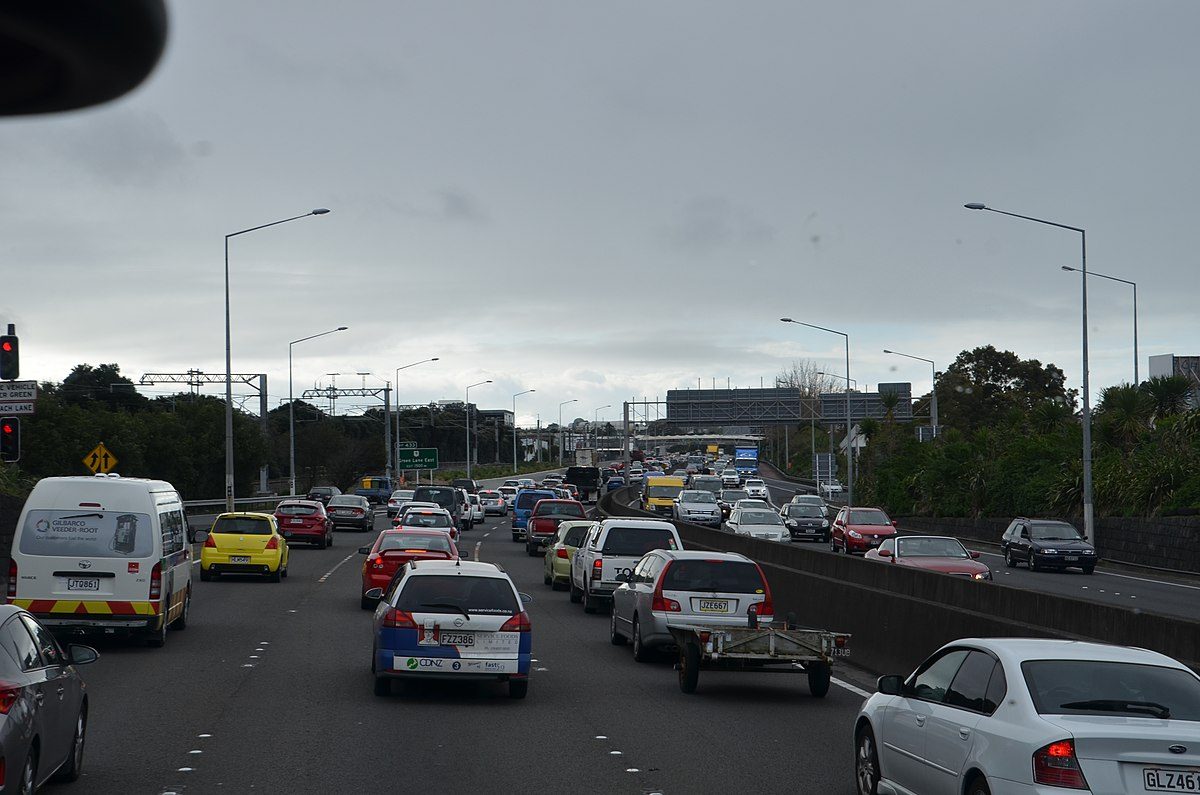New Zealand could be doing better on reducing emissions, according to an RNZ article. The Climate Change Commission says that we need to increase our 2050 climate target.
The independent climate advisers are considering their final recommendations to the government, with advice due by the end of the year. Public submissions close at the end of May.
The Climate Change Commission believes New Zealand’s current goals and interventions are not meeting international criteria for doing its fair share.
It suggests New Zealand should consider including planet-heating gas emissions from planes and ships travelling to and from the country in its climate targets. Currently they are not counted and amount to nearly 10 per cent of our greenhouse gas emissions.
The government has already agreed to three emissions budgets, out to 2036. The commission recommended setting the fourth budget (2036-2040) at just under 27 million tonnes of greenhouse gas a year. That’s down from 73 million tonnes proposed in 2021.

That would mean petrol car imports would have to cease by 2040, and that nearly all new car imports would be electric by 2035. It would also mean that over 10 per cent of regional plane trips would have to be electric to meet the target.
The commission says that the necessary changes would likely generate more economic benefits than doing nothing. Air quality benefits alone are calculated to save $2.7 billion a year.
On several climate change fronts New Zealand is doing better than what was expected in 2019. For example, more trees were planted than were forecast. Moreover, NZ Steel is installing a new electric arc furnace to replace its coal-fired unit. The closure of Marsden Point, rapid uptake of EVs under the rebate scheme and less growth in driving all contributed. But greenhouse gases from aviation haven’t dropped as forecast.
The Commission concluded that, methane from farm animals aside, New Zealand could be carbon neutral by around 2040.
Moreover, the economy is likely to continue to grow despite the move to lower carbon. To meet the draft 2036-2040 budget, some dairying would need to shift to crops.
The Commission also noted that switching cars, planes and buildings to cleaner fuels would come at a net cost until the early 2030s. Thereafter, it would result in greater net savings.


